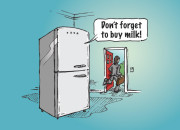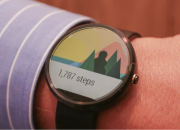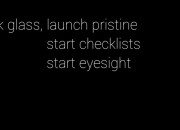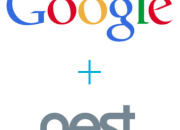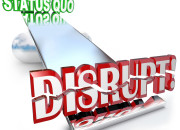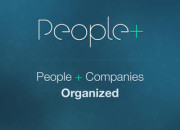We know, it happens year after year: You keep waiting on those shiny new MacBooks with all their long-promised features and then…you don’t buy one. Maybe you’re put off by the high prices, or maybe the upgrades weren’t exactly what you were looking for – or perhaps you’re just not quite ready to switch to the MacOS platform.
Google is, without a doubt, one of the heaviest hitters in the technological race. When the best of the team gather together to unveil their newest projects, people from the average tech geek to software defined storage vendors stop and listen. In the 2016 Google I/O, some pleasant upgrades and some jumps towards the next level of our futuristic modern lives were unveiled.
The smart home may be angling for the mainstream, but right now it’s stuck swimming in a niche. Turning lights on automatically and setting thermostats from a smartphone is the stuff geeks revel in now, but for the smart home to reach flooding point, it must transform, not augment, the domestic realm — and it needs to start in the kitchen.
Smartwatches. Galaxy Gear. iWatch.
Name it, and it’s all over the headlines these days. In the tech world, the hype is on these wearable tech timepieces that function more than just telling the time. Think of having a condensed smartphone right on your wrist, having additional functions such as being able to provide weather information, messaging notifications, and other key functionalities that are unique to each brands.
Why would we want to remove items from the “ok glass” menu? We want users to ‘live’ exclusively in our applications to avoid unwarranted actions such as taking a picture, recording a video, or placing an accidental call. For our company, Pristine, Glass is an enterprise appliance, not a personal device. Glass needs to be completely locked down and Google-free to protect the privacy of patients and respect the policies of the hospitals we serve.
There’s a famous scene in Pirates of Silicon Valley (a movie that chronicled the origins of Microsoft and Apple) in which Bill Gates is meeting with IBM executives. The IBM executives agree to license software from Microsoft because “there’s no money in software anyways.”
The IBM executives weren’t stupid. They failed to recognize an inflection point in technological history in which profits would shift from hardware to software.
Silicon Valley, in a proverbial hornet’s nest of legal intrigue has been buzzing with one of the biggest (and possibly unsettling) displays of takesies backsies that the tech world has seen this year. For those just tuning into the events, we’ll provide you the long short of it in play by play fashion:













